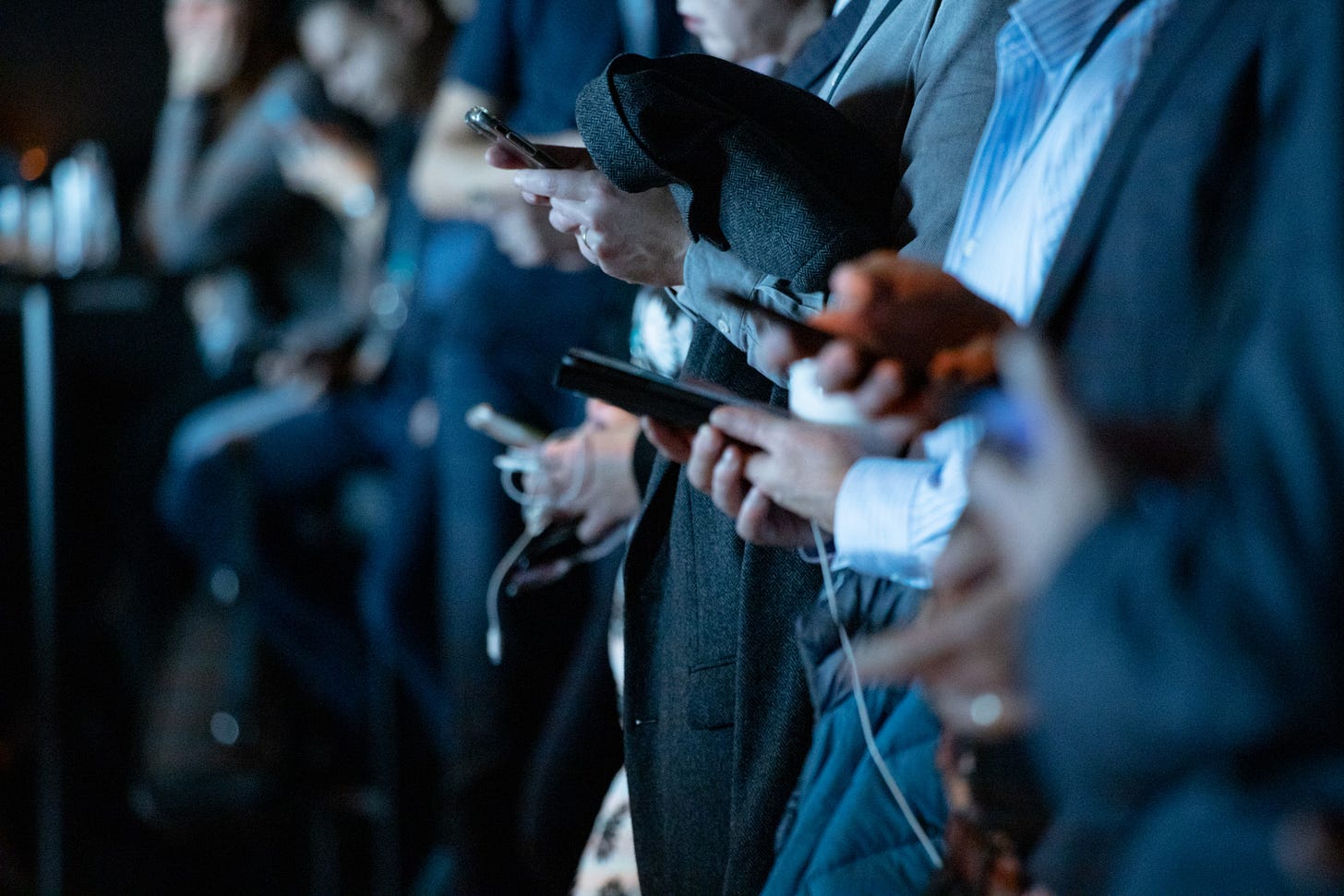Information In The Light Of Media. What's Manipulation And What's Overreaction.
If the media overblows things then it must be the same with COVID-1

Source
The current global situation got me thinking about how media shape our worldview and how our own view of media can be sometimes deceptive.
The COVID-19 pandemic was a weird test of how people react to media broadcasts.
Most people (I assume or hope) took the novel virus as a serious threat to their lives and/or the lives of others and acted despite media coverage or the general spread of news.
Such people followed science- and research-based sources and acted as the current level of know-how proposed.
But there is also another group of people that didn’t give a 💩about the virus assuming it was the media who blew it out of proportion.
And it shows how overconsumption or the opposite zero media culture can lead to false thinking.
It’s true that the media overblown many things that go around the world. What you see on the screen has to be dramatic, eye-catching, and soul-crashing. Otherwise, what’s the point of not skipping to your favorite soap opera channel.
And COVID-19 was the perfect topic to catch on.
Because of its longevity and mysterious aspect of a novel virus, the media knew what to put on the covers for another month or even three.
But…
The false thinking appears when people link media behavior to real-life consequences.
If the media overblows things then it must be the same with COVID-19 - was a common way of linking dots.

No doubt the pandemic, as well as, anything that happens on a global scale feels much “bigger” than even 10 or 20 years earlier.
The problem is that even people who stay away from the mass media make wrong decisions based solely on common media behavior.
While this may be true (you don’t have to care about 99% of things that you see on the screen) it wasn’t and isn’t true about the COVID-19.
Unfortunately, it’s easy to manipulate with charts and cherry-picking that is common to see in the TV screen and on Facebook walls.

Another aspect of COVID-19 in the light of media is what Sam Altman described in the above tweet.
At first, the “little rat virus” was perceived as nothing else but a hoax.
Soon, it became a powerhouse of the media who had a topic to cover for a couple of months. Yet, the truth was that simple but strict regulation from governments and simple broadcasts of best practices from media would be enough.
But things got even more interesting after this spike of attention.
Soon, COVID-19 was made a matter of politics and not public health.
One side wanted to show how cases go down while others would point out how doomed we are. And this pattern seems to be very similar across various countries.
Funnily enough, Poland (where I’m writing this article from), as well as, the USA will pick the new president this year.
And it’s easy to see how both parties - the ruling one and the opposition - take different stands on an issue that’s clearly not about politics but about the health of one another.
Now, in the USA the situation took even more disturbing turn as people seem to forget about the virus because of the whole George Floyd situation, riots, and public protests.
Of course, living outside of the US it’s hard to understand what’s going on so I don’t want to dive deeper into that but seeing how the media (and people’s attention) shifted is quite disturbing.
All in all, it’s important to filter information at all times.
Don’t do a 1-to-1 check as no piece of information is like the other. Especially when we’re dealing with fat tail scenarios that are impossible to predict.
Whenever you don’t (fully) know and the risk of total disaster is >0 it’s wise to be cautious.



